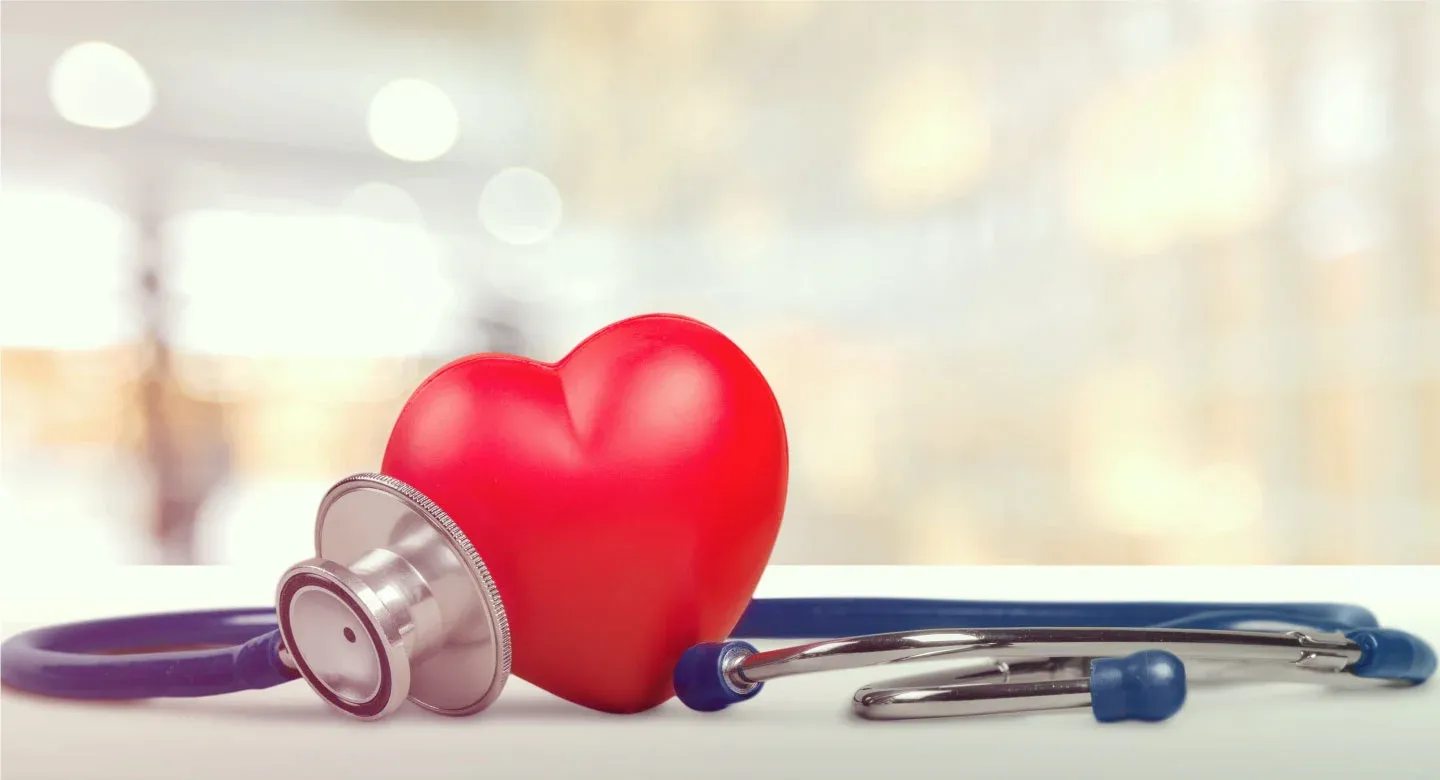Understand the difference between protein and vitamins. Learn their distinct roles and how they contribute to overall health.
Differentiating vitamins from proteins: Their roles in the body
The human body requires nutrition to function properly. The nutrition is received from food sources. Many food items give you vitamins and proteins, two of the most important nutrients needed for the body to carry out its tasks. However, though essential for the human body, both these nutrients are very different. Read on to know what is the key difference between protein and vitamins and why you need them both in your body.
What are proteins?
Proteins are macromolecules or biomolecules that have a single or multiple chains of amino acid residues. Proteins are responsible for the building and maintenance of muscles and cells, for immunity building and also for gene expression. Proteins are one of the most crucial micronutrients required for a human being to love his life healthily.
What are vitamins?
Vitamins are organic compounds that are required in small quantities for proper metabolic functioning. Vitamins are not naturally produced in the human body, but they are taken in from various food sources. Both plant and animal food sources contain vitamins so you need to have more of these food items to stay healthy.
The main difference between protein and vitamin
One of the main points of difference between protein and vitamins is that proteins are naturally present in the body whereas vitamins are not.
Vitamin is classified into different categories such as vitamin A, vitamin B, vitamin C, vitamin D, vitamin E, vitamin K and so on. Protein is classified as structural protein, hormonal protein, transport protein and so on.
Vitamins and proteins have different duties in the human body. This is why you need both vitamins, and proteins in your body.
Vitamin-rich foods
Here’s a look at some vitamin-rich foods that you must consume daily:
Vitamin A foods
Leafy green vegetables, carrots, fish, milk and eggs are some foods that have high amounts of vitamin A.
Vitamin B foods
If you are looking for vitamin B, try having green beans, bread, dairy, poultry, bananas and apples.
Vitamin C foods
Most citrus fruits like oranges and lemons contain vitamin C. You also get this vitamin from guava, broccoli and cauliflower.
Vitamin D foods
For vitamin D, have more milk, fish and mushrooms.
Vitamin E foods
Peanut butter, pumpkin and sunflower seeds are some of the best food sources of Vitamin E.
Vitamin K foods
Leafy greens, soybeans, dairy products and vegetables like cabbage are excellent natural sources of vitamin K.
Protein-rich foods
You get a lot of protein from meat and fish. If you are a vegetarian, include more lentils and beans as these are rich plant-based protein sources. Apart from this, you can also get dietary protein from yoghurt, almonds and eggs.
Conclusion
As you can see, both proteins and vitamins are very vital for your wellness. Prepare a good diet chart for yourself and include the protein and vitamin-rich foods in it. Eat healthy to live a long, happy and healthy life.

Get Quick Quote


